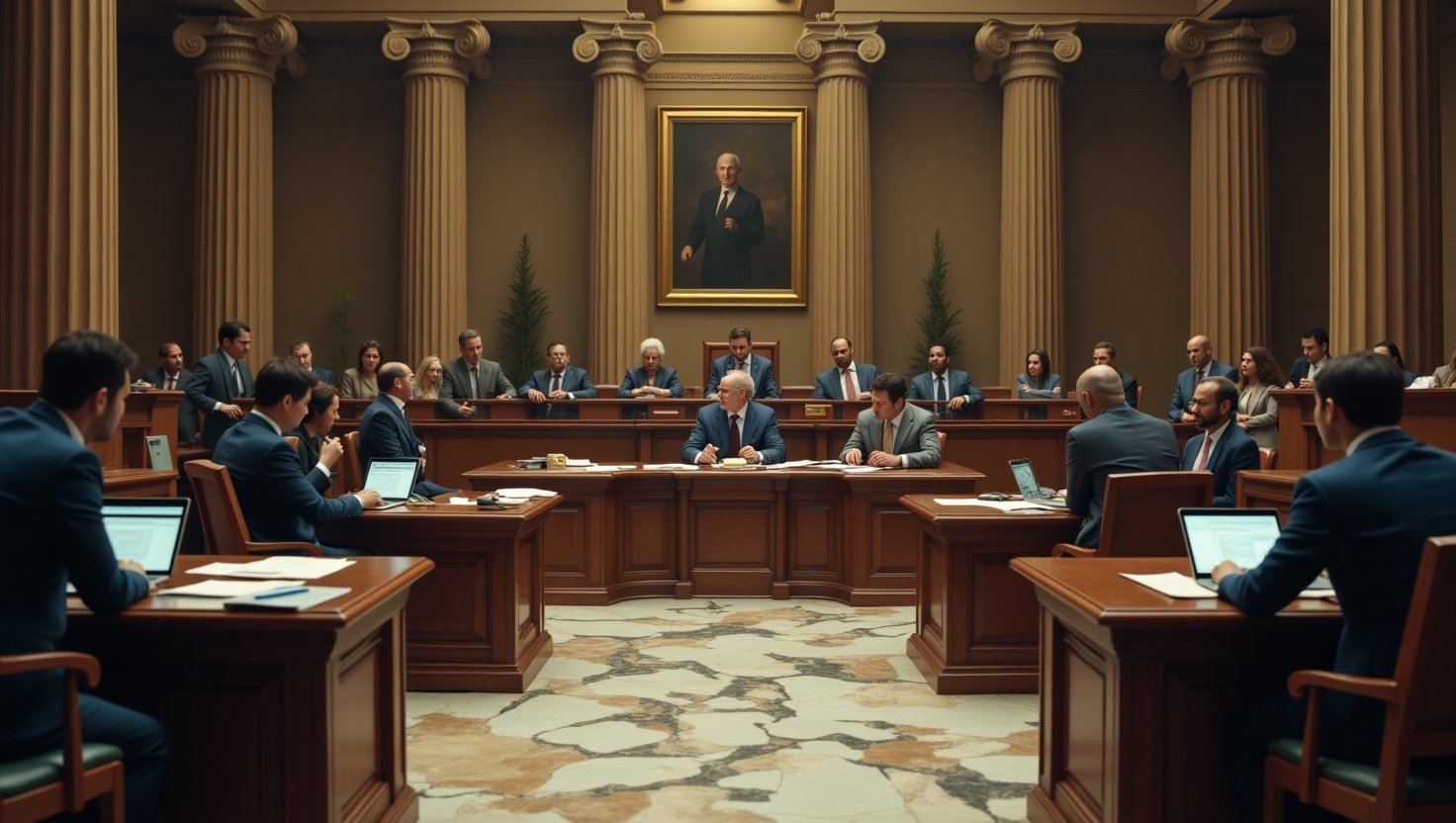The Future of AI Regulation: Understanding State AI Laws and Their Implications
Introduction
In an era where artificial intelligence (AI) is increasingly sewing itself into the fabric of our daily lives, the conversation surrounding state AI laws has never been more critical. Emerging from the shadows of towering tech giants and bustling startups, AI regulation is now a battleground—a flurry of state-led initiatives sparking a juxtaposition of innovation and oversight. However, as Congress mulls over colossal legislative moves, including a potential proposal that could place state and local AI regulations on ice for a decade, the stakes soar higher. Is this a stride toward uniformity in AI regulation, or a march to erode essential consumer safeguards? Dive into this seismic shift as we explore the terrain where tech policy meets state rights.
Background
To truly grasp the landscape of AI regulation, one must first flutter through the annals of tech policy history. Decades ago, lawmakers navigated the burgeoning opportunities and threats posed by the infant internet. Jumping forward, Sen. Ted Cruz emerges as a contemporary crusader for a cohesive framework across states, championing federal laws to create a unified approach. His advocacy resonates with those wary of a disjointed, state-by-state patchwork of regulations. Critics, however, argue this unified front may overlook nuances crucial to consumer rights and innovation protection. The echoes of this debate reverberate through Congress’s halls, where tech policy architects are tasked with balancing these opposing forces.
Trend
Recent trends suggest a tectonic proposal looming on the horizon: suspending state and local AI regulations for the next ten years. This proposal finds allies among industry stalwarts who argue for a streamlined federal law approach, allegedly clearing the runway for American innovation to soar unimpeded. Figures such as Sam Altman and Marc Andreessen echo these sentiments, underscoring innovation as the North Star. Yet, the counterargument, bolstered by public sentiment, highlights the hazards of obliterating local oversight. According to a Pew Research study, most Americans seem to want more regulation around AI, underlining a public wary of granting AI behemoths unrestricted latitude. For every advocated liberty, there’s a voiced caution urging restraint.
Insight
The ramifications of halting state AI laws are profound, potentially crafting a brave new world where innovation gallops ahead, overshadowed by dwindling consumer protection. Imagine the tech world as a vast chessboard; removing states as regulatory players could see powerful AI firms freely moving their pieces, checkmate poised with unchecked potential. Insights from industry thought leaders, like Dario Amodei, capture this whirlwind perfectly: \”AI is advancing too head-spinningly fast\”. Without tailored state inputs, could consumer trust tumble, and innovation spin uncontrollably out of consumer-favored control?
Forecast
Gazing into the crystal ball of AI regulation unveils a panorama brimming with possibility and peril. If federal laws leap to prominence, the extinction of state AI laws could manifest a singular tech policy landscape. This future could usher in an era of accelerated AI advancement but risk overshadowing consumer voices desperate for assurance against technological capriciousness. We anticipate that as AI matures, future legislation will need to evolve, reconciling rapid innovation with the increasing demand for tech policy accountability and ethical responsibility.
Call to Action
As we stand on the precipice of these profound legislative shifts, it’s time for every stakeholder—from the business leader to the everyday user—to scrutinize state AI laws under a collaborative lens. Let’s engage in meaningful dialogues, challenge boldly, and advocate for a well-balanced fusion of innovation and consumer protection. The future of AI isn’t merely in the hands of the few; it’s nascent in every voice willing to speak up for a tech-driven but regulated tomorrow.
For those keen to delve deeper into these legislative tides, a detailed exploration awaits in the TechCrunch article, dissecting the potential ban on state AI regulations. The question remains—will you stand by as a mere spectator, or sway the development of AI’s regulatory path?
—
By sparking discussions and encouraging informed advocacy, we can collaborate on shaping AI policy that heralds innovation without compromising the protection all tech consumers deserve. Actively participate and voice your stance on this pivotal subject—after all, the fabric of our technological future is woven today.

